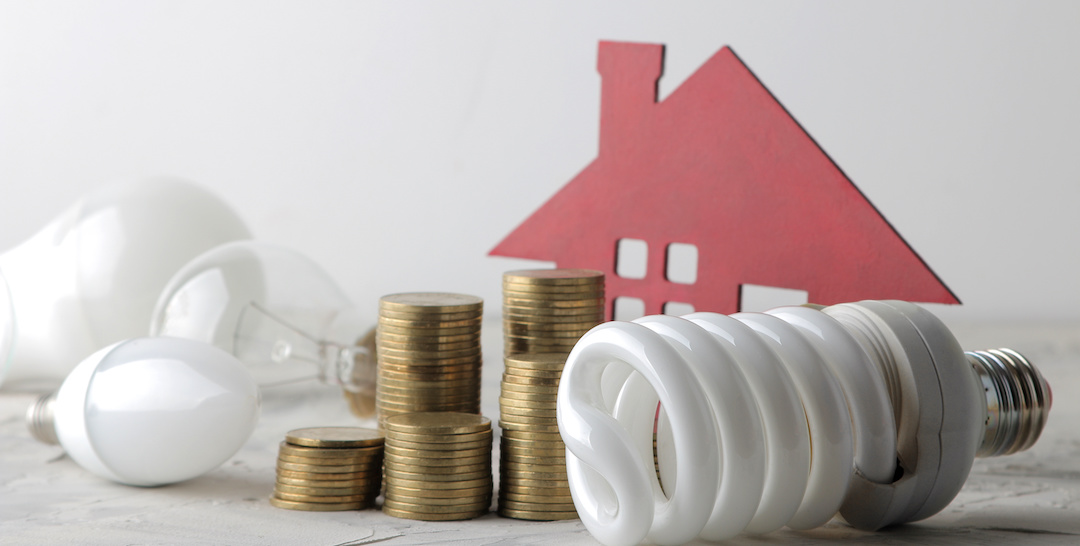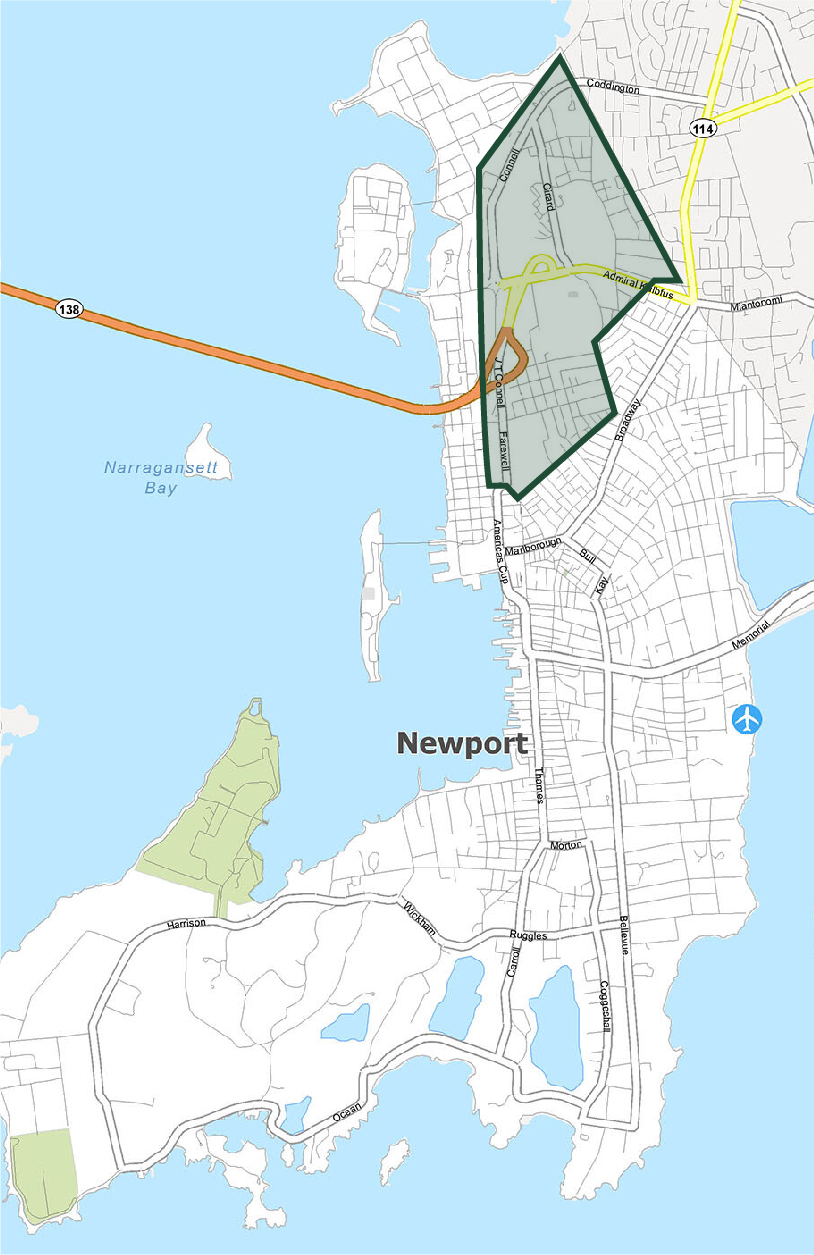Energy Saving Tips for Rhode Island Homeowners
Buying a home may be the biggest financial decision you will make. Ongoing maintenance, utilities and related costs all play a factor in your success as a homeowner. One of the most important and effective ways to reduce housing expenses is for homeowners to make their homes as energy efficient as possible.
With rising energy costs, it’s more important than ever to be energy efficient. Thankfully, there are simple ways that can help you save on costs.

Here are suggestions to get you started on saving:
- Have an energy assessment. Sign up for a FREE home energy assessment with Rhode Island Energy to learn about and ID improvements to make your home more energy efficient.
- An energy assessment may include no-cost energy saving products such as advanced power strips, low flow shower heads, programmable thermostats, etc.
- Based on the assessment, you may be eligible for rebates on heating and cooling equipment and savings on insulation improvements and targeted air sealing.
- Try an online energy assessment: Click here to begin.
- Weatherize your home. Seal common air leaks in windows, doors, and other areas and add insulation in your home.
- Upgrade your heating system. Simple improvements like a programmable thermostat can heat your home more efficiently.
- Cool your home efficiently. Close curtains facing sunlight, use fans instead of AC and turn off or turn down lights.
- Save on appliances. Switch to “smart” or EnergySaver appliances, use surge protectors and unplug unused appliances.
- Save on lighting. Turn off un-needed lights or use energy efficient light bulbs.
- Use less water. Address issues with leaking pipes and faucets or switch to an energy efficient water heater.
- Energy saving programs. Need help paying your utility bills? Rhode Island Energy has programs for discounts and budgeting.
For more tips, visit the Rhode Island Emergency Management Agency website and see more disaster preparedness resources from the American Red Cross.
Things to remember:
- Heating and cooling: Small adjustments can lead to big savings in heating and cooling your home.
- Lighting: Efficient use of lighting and bulbs can save energy and money.
- Appliances and electronics: Opportunities for efficiency occur with every appliance and electronic device.
- Water heating: How you use heated water can impact your energy bill.
- Rebates and incentives: Learn what’s available to you and take advantage when replacing or upgrading your home.
Helpful Resources:
- Energy Saving tips – Rhode Island Energy
- Energy Saving Programs – Rhode Island Energy
- No-cost home energy assessment – Rhode Island Energy
- Energy Saving Resources from Energy Saver (Department of Energy)
- Links from HUD
For more information on energy cost savings visit the Rhode Island Energy website and check out this in-depth guide from Department of Energy.
Programs for income eligible households:
Did You Know?
- Lighting burns up to 25% of the average home’s energy budget. Simple steps like changing the kinds of bulbs you use, or turning off lights when not in use, can save you money.
- There are rebates and incentives available to help make your home more energy efficient and save you money.
- Small adjustments in heating and cooling efficiency can lead to big savings.
- You may be paying for electricity you never use by leaving devices and appliances plugged in but not on.
LEARN MORE
Keep you and your home safe in the event of a natural disaster
Is your home prepared for larger disasters? We’ve pulled together some helpful tips and resources for RI homeowners.
Common mortgage terms for new Rhode Island homeowners
Here are some common mortgage terms you will see throughout your homeownership journey.



